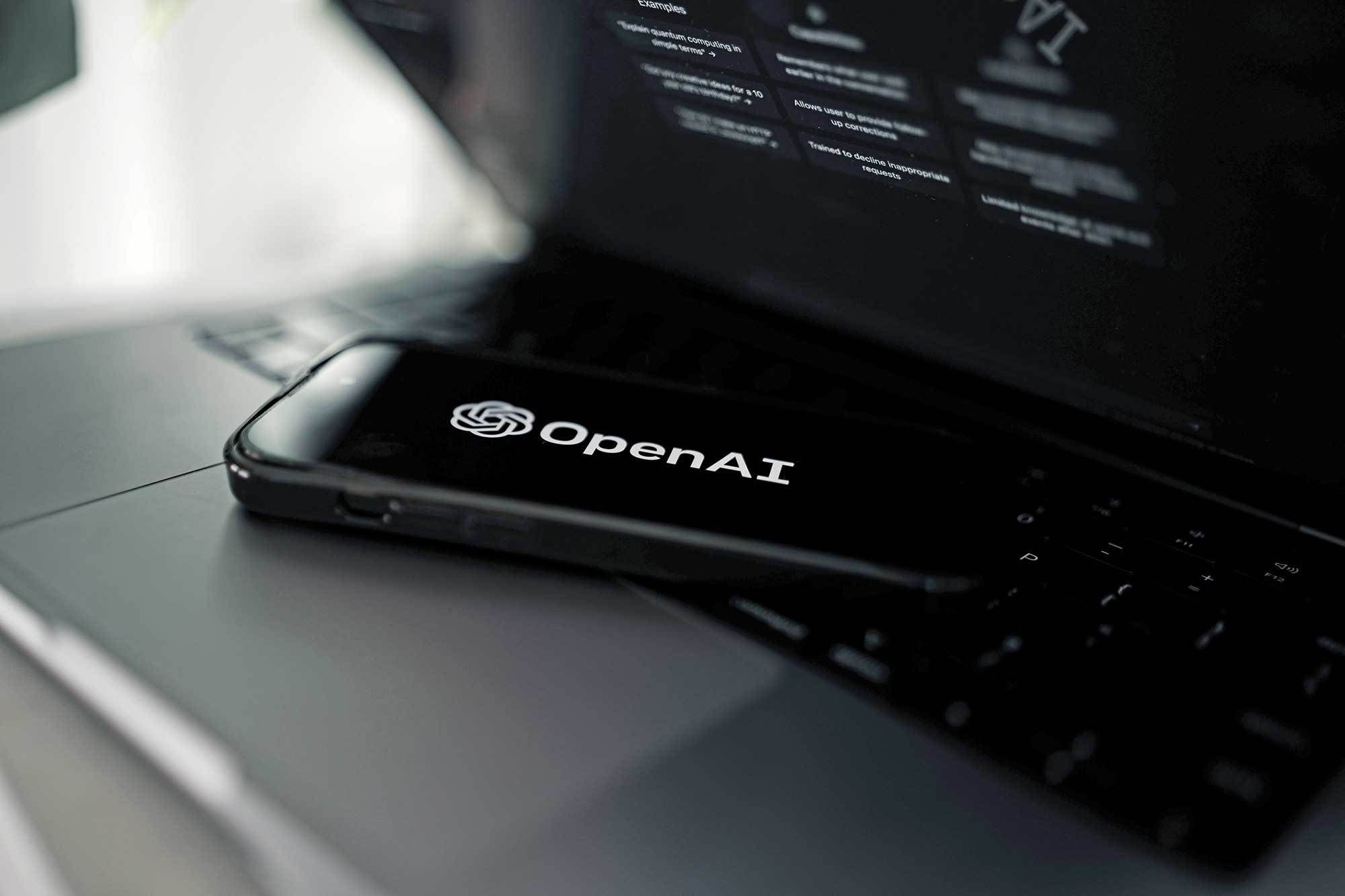Building Voice Assistants Made Easy: Key Announcements From OpenAI's 2024 Developer Conference

Table of Contents
Simplified Speech-to-Text and Text-to-Speech APIs
OpenAI unveiled significantly improved APIs for speech-to-text and text-to-speech, boasting higher accuracy and faster processing speeds. These enhancements are crucial for building responsive and natural-sounding voice assistants.
-
Higher Accuracy and Speed: The new APIs deliver a noticeable improvement in accuracy, particularly in noisy environments and with diverse accents. Real-time transcription is significantly faster, ensuring smoother interactions. Internal testing showed a 15% increase in accuracy compared to the previous generation of APIs, and a 30% reduction in latency.
-
Enhanced Multilingual Support: Developers can now build voice assistants supporting a wider range of languages with significantly improved accuracy. This opens up global opportunities for voice-enabled applications. The current supported languages list, and a roadmap for future expansions, are available on the OpenAI developer portal.
-
Improved Noise Reduction and Customizable Voices: Advanced noise reduction algorithms minimize background noise interference, resulting in cleaner audio input for speech-to-text. Text-to-speech offers customizable voice options, allowing developers to tailor the assistant's voice to match their brand or application's personality. You can now select from a range of voices, adjust intonation, and even fine-tune the speaking rate.
-
Streamlined API Integration: The simplified API integration process reduces development time and resources, allowing developers to focus on building the core functionality of their voice assistant rather than struggling with complex API implementations. Comprehensive documentation and code examples are available to guide developers through the integration process.
Advanced Conversational AI Models for Natural Interactions
OpenAI introduced new, more intuitive conversational AI models specifically designed for voice assistant development. These models go beyond simple keyword matching, enabling more natural and engaging interactions.
-
Context Awareness and Dialogue Management: These models excel at maintaining context throughout a conversation, enabling the voice assistant to understand and respond appropriately to a series of user requests. This ensures a more fluid and natural dialogue flow.
-
Handling Complex Queries: The enhanced natural language understanding (NLU) capabilities allow the models to effectively interpret complex and ambiguous user queries, providing more accurate and relevant responses. This is a crucial improvement for building voice assistants capable of handling real-world scenarios.
-
Personality and Persona Creation: Developers can easily personalize the voice assistant's personality and responses using simplified API parameters. This allows them to create unique and engaging voice assistant experiences that reflect their brand's identity. The possibilities for character creation and customization extend beyond simple voice modulation.
Pre-built Modules and Templates for Faster Development
OpenAI released a suite of pre-built modules and templates to significantly expedite the voice assistant development process. This reduces the time and effort required to build functional prototypes and full-fledged applications.
-
Ready-to-Use Components: These resources offer ready-to-use components for common voice assistant features such as wake words ("Hey OpenAI"), intent recognition (understanding user requests), and robust error handling.
-
Rapid Prototyping and Testing: Developers can use these templates to quickly prototype and test their voice assistant concepts before investing significant resources in full-scale development. This iterative approach helps to refine the design and functionality early in the process.
-
Software Development Kits (SDKs) and Code Examples: OpenAI provides downloadable SDKs and comprehensive code examples for various programming languages, making it easier for developers to integrate these pre-built modules into their projects. These resources are available on the OpenAI developer website.
Enhanced Security and Privacy Features
OpenAI prioritized security and user privacy, implementing robust encryption and data protection measures throughout its new voice assistant tools.
-
Data Encryption and Protection: End-to-end encryption and secure data storage protect user data from unauthorized access. OpenAI adheres to industry best practices to ensure the confidentiality and integrity of voice data.
-
Compliance with Privacy Regulations: The new tools are designed to comply with relevant data privacy regulations, such as GDPR and CCPA, ensuring responsible AI development and deployment.
-
Anonymization and Data Minimization: OpenAI employs anonymization techniques and data minimization strategies to protect user privacy while still allowing for the development and improvement of voice assistant technology.
Conclusion
OpenAI's 2024 Developer Conference has significantly lowered the barrier to entry for building sophisticated voice assistants. The simplified APIs, advanced conversational AI models, and readily available development tools empower developers to create innovative and engaging voice experiences. By leveraging these advancements, developers can focus on creating unique and valuable applications rather than wrestling with complex technical challenges. Start building your next-generation voice assistant today using OpenAI's powerful tools and resources. Explore the possibilities of voice assistant development with OpenAI!

Featured Posts
-
 Roma Monza En Directo Minuto A Minuto
May 16, 2025
Roma Monza En Directo Minuto A Minuto
May 16, 2025 -
 N Kh L Rekordsmen Po Khitam Obyavlyaet O Zavershenii Karery
May 16, 2025
N Kh L Rekordsmen Po Khitam Obyavlyaet O Zavershenii Karery
May 16, 2025 -
 How To Watch Celtics Vs Magic Nba Playoffs Game 1 Time Tv Channel And Free Live Stream
May 16, 2025
How To Watch Celtics Vs Magic Nba Playoffs Game 1 Time Tv Channel And Free Live Stream
May 16, 2025 -
 Analyzing The Rhetorical Strategies Of Trump And Biden
May 16, 2025
Analyzing The Rhetorical Strategies Of Trump And Biden
May 16, 2025 -
 Did Jimmy Butler Need Help Against The Miami Heat
May 16, 2025
Did Jimmy Butler Need Help Against The Miami Heat
May 16, 2025
